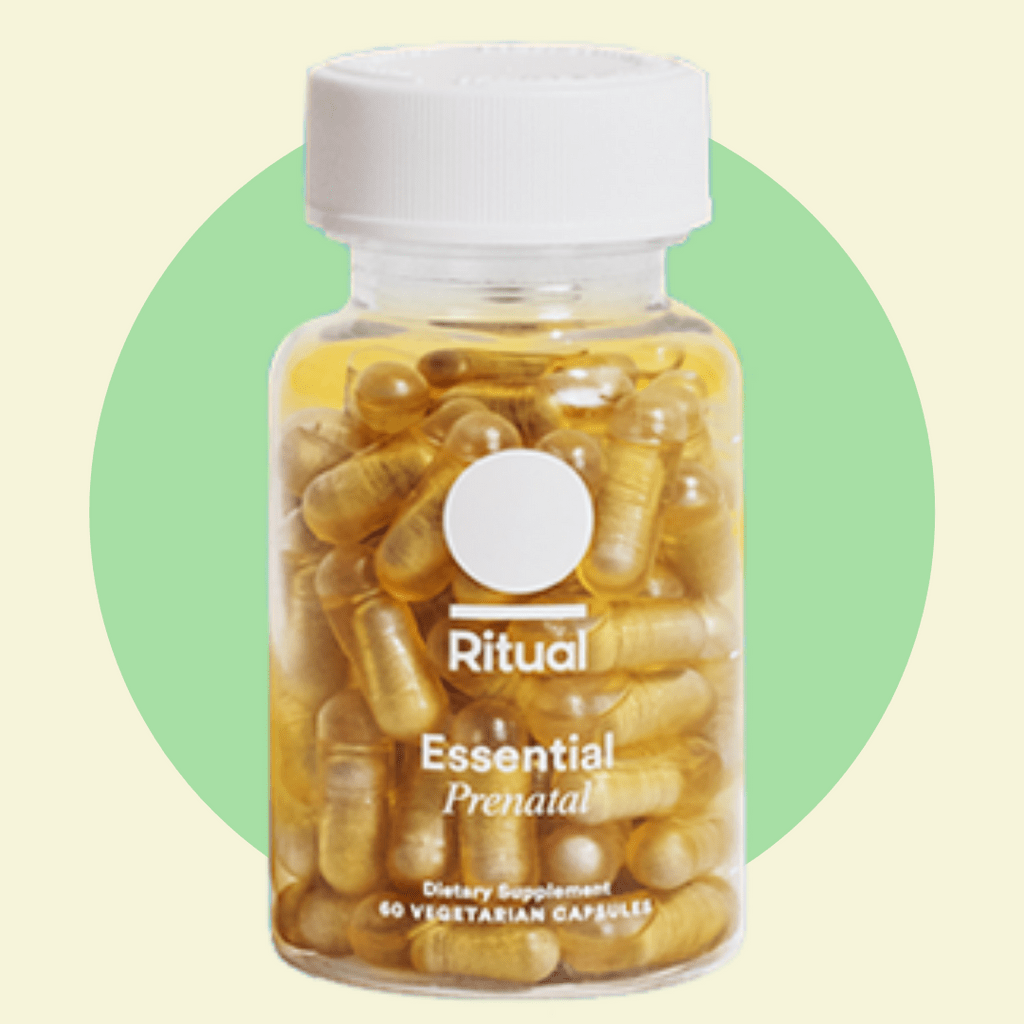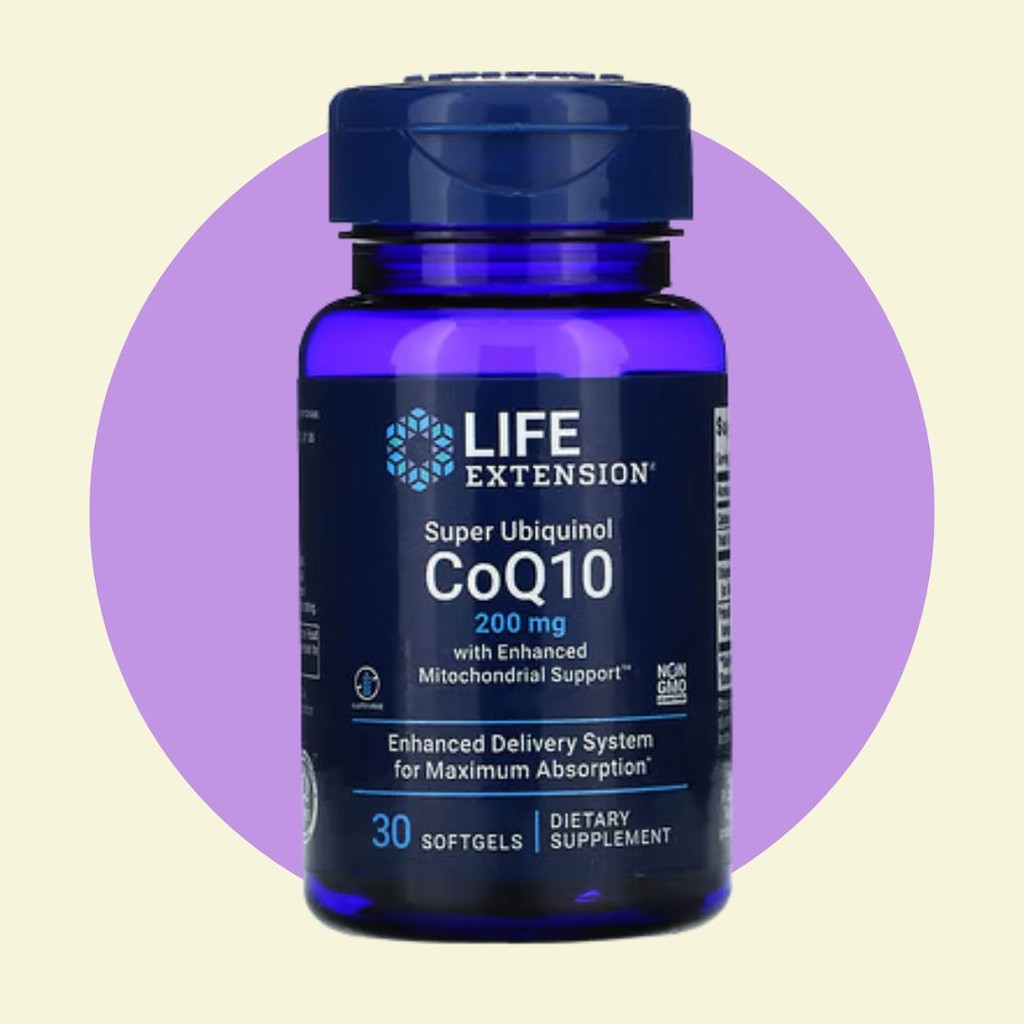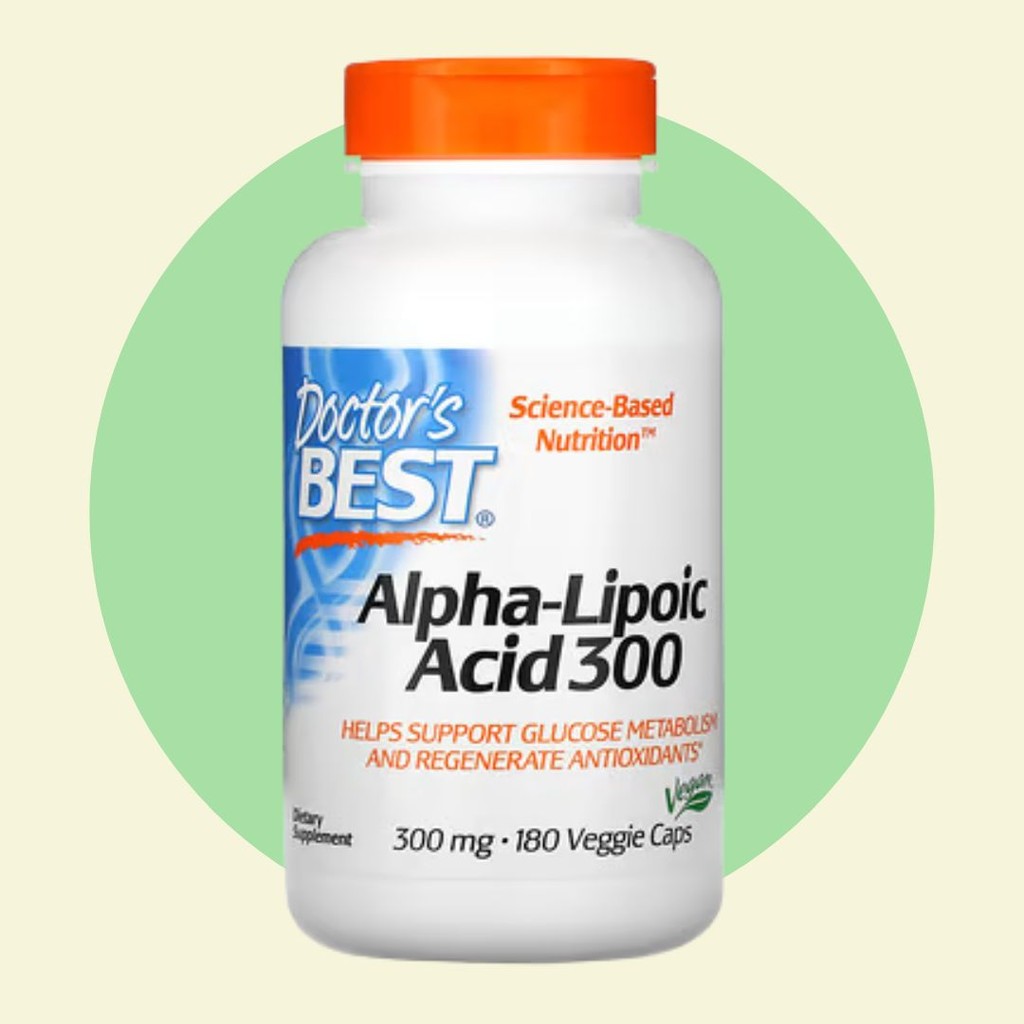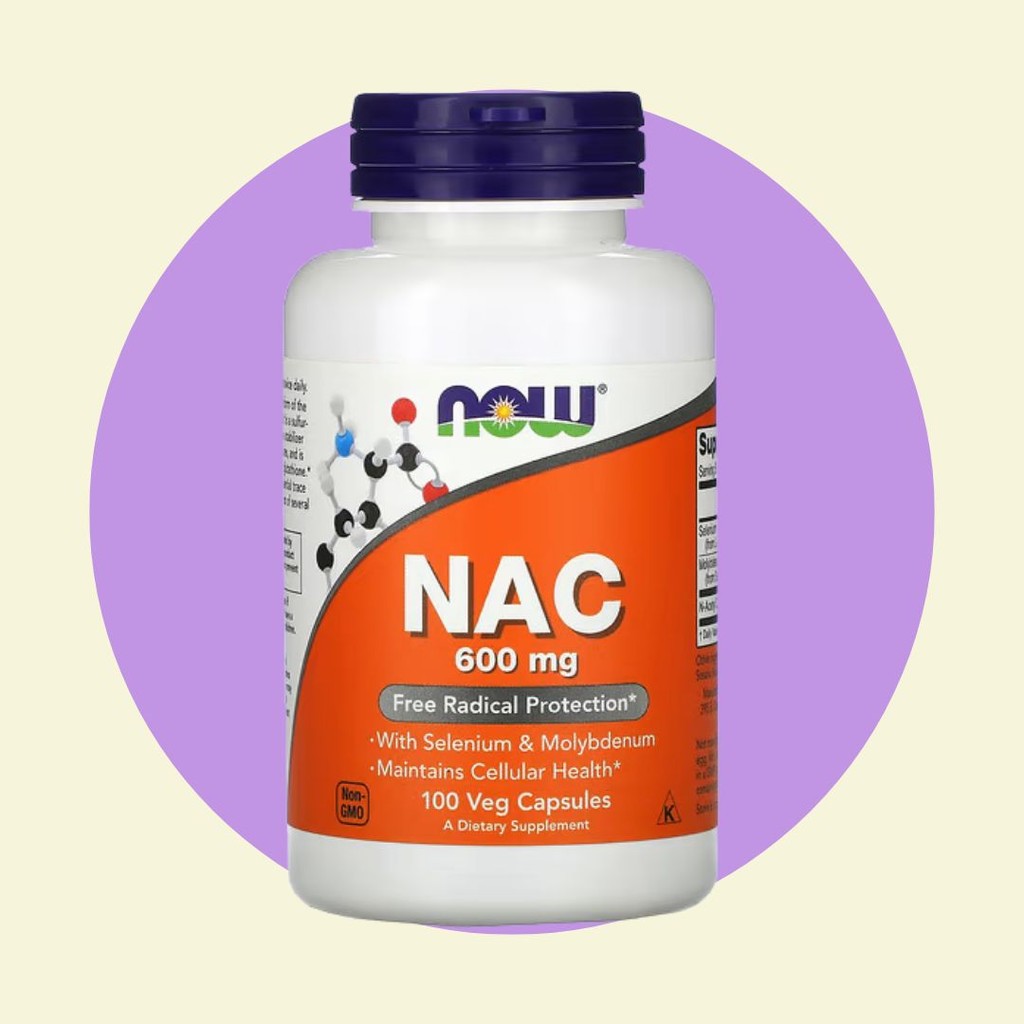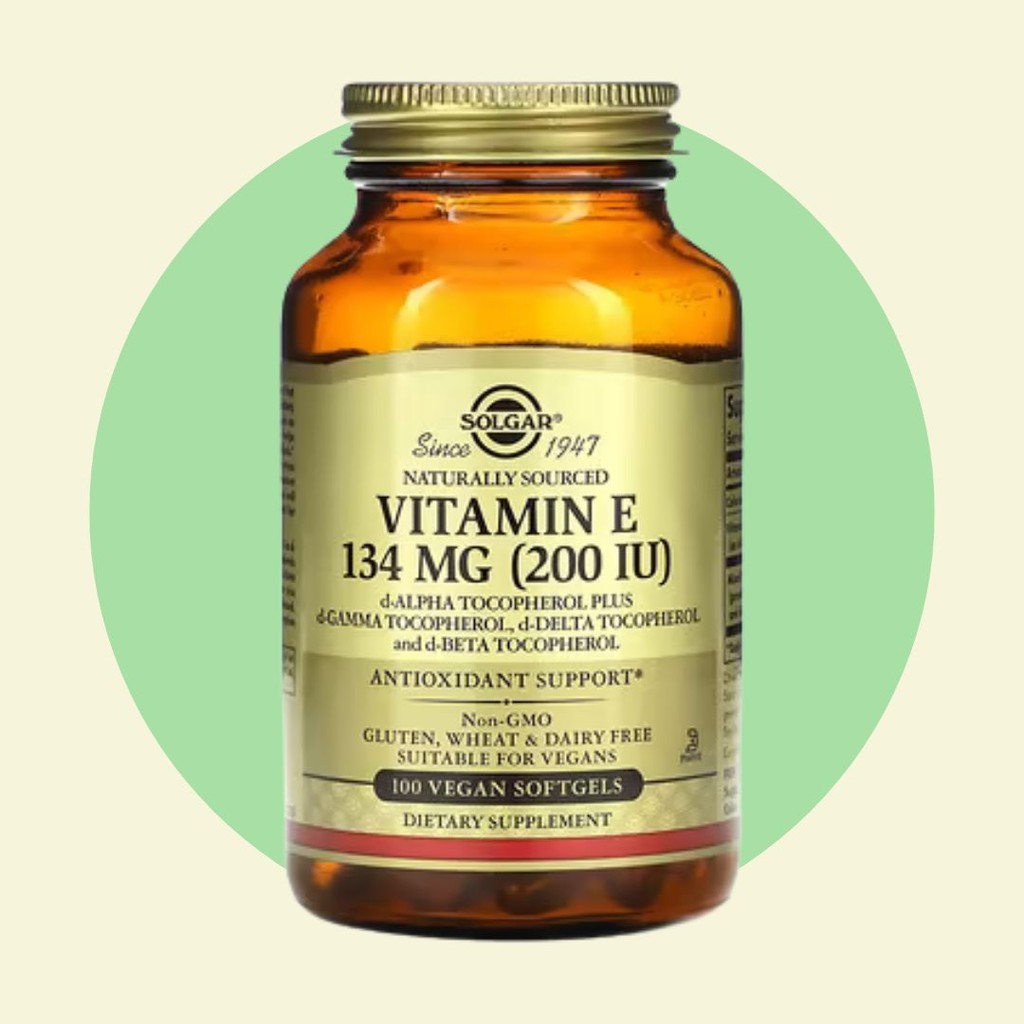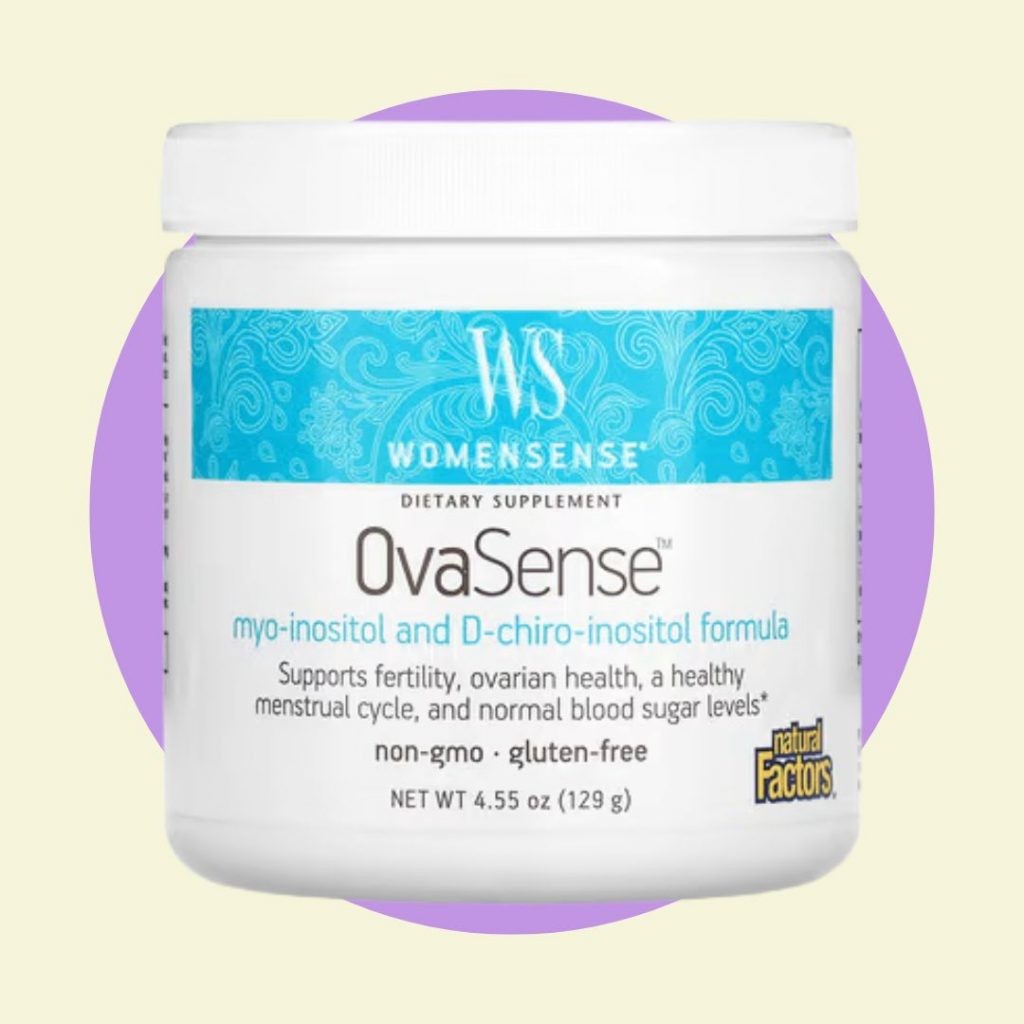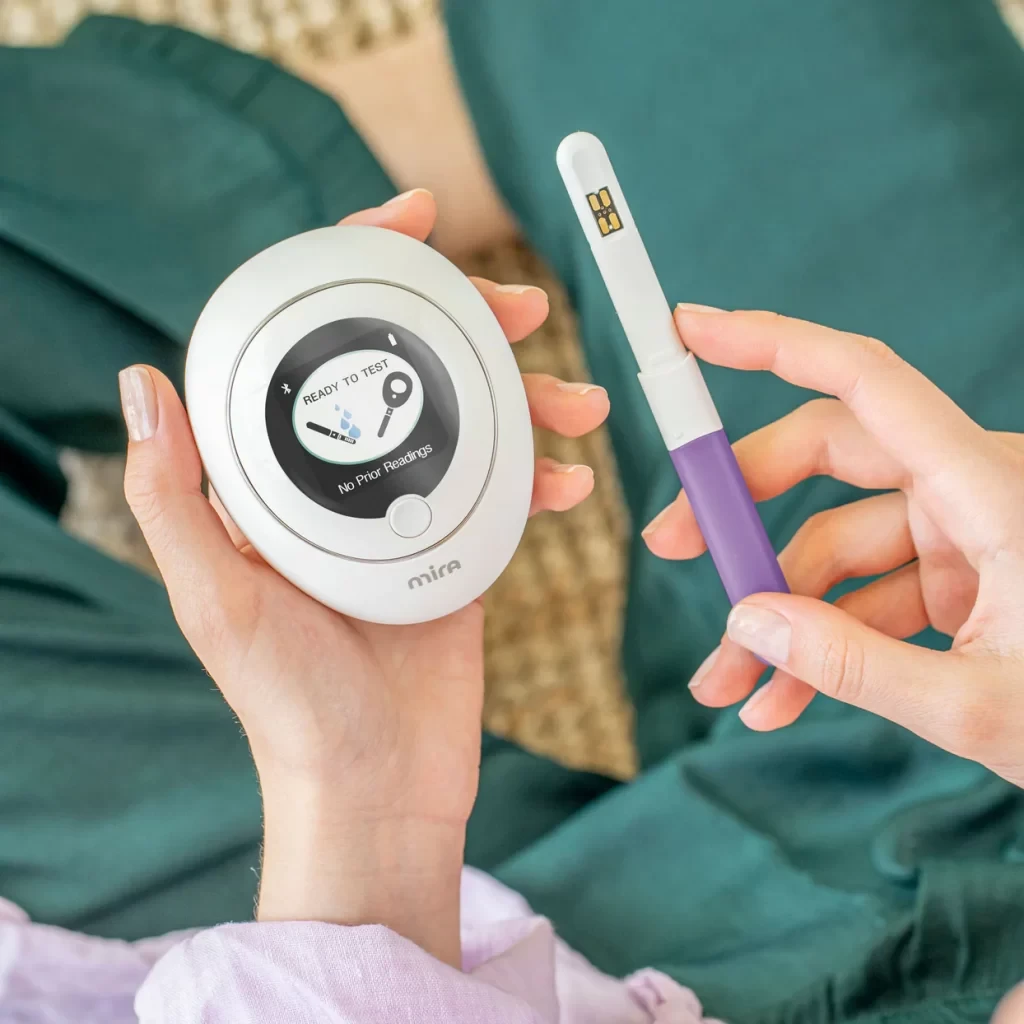First of all, since you’re most likely here because you’ve recently lost a pregnancy, I want to say how sorry I am. I have had two miscarriages myself and I know how devastating they are, especially as they carry such a social taboo that many of us don’t talk to anyone about it. I do hope you are getting the support you need. Don’t forget that there is always hope even after loss, so let’s look at some of the best vitamins and supplements to support you after a miscarriage.
This article assumes that you are hoping to conceive again in the future and are searching for supplements to support your fertility. I’m not a doctor or fertility practitioner, but I spent a lot of time researching this topic after my first loss. This information is what helped me to conceive and successfully birth my healthy, thriving second baby Rowan.
It’s important to recognise that there is no “magic pill” to help you conceive and stay pregnant after a miscarriage, but there are some supplements you can take to support your fertility. Note that most of the supplements below can and should also be taken by the father as well, since sperm quality is a crucial factor in a healthy pregnancy.
BABY! This is a reusable block, so whatever edits you make in it will apply everywhere it is used. If you want to remove this disclaimer from a post then be careful to delete the parent block (type ‘Reusable Block’ – icon is lego brick), and not to delete the group, image and/or the paragraph blocks (cos then they’ll be deleted from every instance of the reusable block).
Disclaimer: This post contains ethical affiliate links that I genuinely recommend. I may receive a small percentage of any purchases you make as a result of clicking those links. This comes at no extra cost to you and helps me to run this site. Read my full disclosure
Ritual essential prenatal
Starting with the basics, you should definitely keep taking a prenatal multivitamin and make sure it’s a high-quality one. I have a whole article on pregnancy supplements (UK-focused) that you can take a look at, but if you’re looking for the best and highest-quality prenatal multivitamin then Ritual is my recommendation.
It’s non-GMO so completely free from harmful, fertility-destroying pesticides. It’s also suitable for vegans and vegetarians, and contains 1000mcg natural folate as opposed to synthetic folic acid. The benefits of folate or folic acid after miscarriage are the same as the benefits of taking it before conception. Building up a good level of folate in your body will help protect a future baby against neural tube defects.
Many women also report reduced morning sickness with these, so that’s a bonus for when 🙏 you do conceive again.
The father of the baby should also take a preconception multivitamin such as Wellman Conception.
CoQ10 ubiquinol: 400mg per day
Coenzyme Q10 occurs naturally in the body and is incredibly important for both egg and sperm quality, as it is an antioxidant that is crucial for healthy cell creation and repair.
Most miscarriages occur due to the DNA of the embryo being damaged and unviable, often as a result of low egg and/or sperm quality. I have written a separate article on the many things you can do to improve egg quality, which I recommend you read. One easy step, however, is making sure both mother and father are taking a CoQ10 supplement. It’s best to take 200mg with breakfast and then 200mg with lunch.
Make sure you get ubiquinol rather than ubiquinone, for the same reason you should get folate supplements rather than folic acid (one is natural, one is synthetic and less well absorbed by the body. They are expensive, but if you can only invest in one supplement in addition to your prenatal then CoQ10 Ubiquinol should be the one. It’s available at iHerb in either vegetarian or non-vegetarian capsules.
Alpha lipoic acid (ALA): 400-600mg per day
This is an antioxidant that attacks cell-destroying free radicals in the body. Free radicals are created when the body turns food into energy and they also enter the body via alcohol, pollution, pesticides, smoking, fried foods and other toxins.
Given that healthy cell creation is crucial to the growth and development of a healthy baby, you’ll want to both reduce your exposure to free radicals and take something like ALA to obliterate any of these pests.
The best dosage of ALA to take is 200-300mg twice a day. If you purchase R-Alpha Lipoic Acid, you will only need 200-300mg in total taken once per day.
N-acetylcysteine (NAC): 600mg per day
N-acetylcysteine is the supplement form of the naturally-occurring amino acid L-cysteine. It’s another antioxidant that helps prevent the build-up of free radicals.
NAC is an important fertility supplement for men to take as it has been shown to improve sperm quality when used in conjunction with selenium. Meanwhile, one study showed that NAC helped stablilise ovulation in women who have PCOS (Polycystic Ovary Syndrome).
These vegetarian-friendly capsules also contain selenium, a vital supplement for both male and female fertility.
Vitamin E: 200iu per day
Vitamin E supports reproductive health in general and couples who are undergoing IVF treatment are often advised to take it. Although there is Vitamin E in most multivitamins, including Ritual, 200iu is equivalent to 134mg so the 7mg in Ritual is not enough.
Make sure you choose a brand such as Solgar, which include mixed tocopherols, as opposed to only d-alpha tocopherol.
Myo-inositol: 4g per day
And finally, myo-inositol is another supplement to consider if you have PCOS (Polycystic Ovary Syndrome) or insulin resistance. It may also be helpful in cases of recurrent pregnancy loss. The ideal dosage is 2g in the morning, 2g at night and you should continue it throughout pregnancy if you have PCOS in order to help prevent gestational diabetes.
I have found myo-inositol either as a standalone supplement in capsule form, or as a multi-supplement powder.
What are the best supplements to take after a miscarriage?
Perhaps now you’re trying to work out which of the many available fertility supplements is right for you. Taking a high-quality prenatal like Ritual is definitely a must. In addition, take CoQ10, ALA and Vitamin E if you are most worried about egg and/or sperm quality. If PCOS is an issue, focus on Vitamin E, NAC (N-Acetylcysteine) and myo-inositol.
Finally, I cannot overstate how important this piece of advice is: the best way to get pregnant again and bring a healthy baby to term is to treat your body as if you are already pregnant. Eliminate (or at least drastically reduce) as many toxins as possible such as alcohol and caffeine. Protect your body from fertility-destroying chemicals (see THIS ARTICLE for more information). Eat nutrient-rich foods, hydrate and move your body regularly. Treat your body like it is already building and nurturing a precious life and you will be more likely to be able to support a healthy pregnancy.
It’s also helpful of course to use an ovulation tracking system like Mira in combination with these supplements – no point having healthy eggs if the sperm’s turning up at the wrong time!
Mira is the only at-home fertility monitor on the market using quantitative technology. It tracks your vital fertility hormones, identifies your 6 most fertile days, predicts and confirms your ovulation, then translates your hormones into numbers for you to easily view on a smartphone. You can even book in a coaching session with a fertility expert and test the other half of the pregnancy equation with a sperm quality testing kit too.
So I hope you have found this guide to the best supplements to take after miscarriage helpful. Do let me know if it helps you on you TTC journey. You may also be interested in my article on recovering from and getting pregnant again after a miscarriage. Wishing you all the best on the road to a healthy conception.
